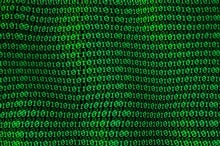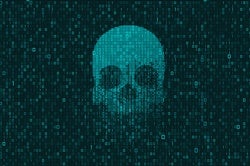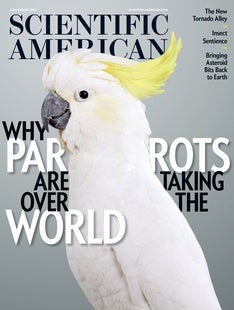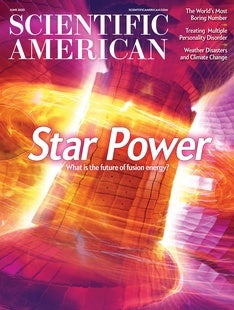 |
| August 08, 2023 |
Hello Readers, I'm covering for Sophie this week. Three computer scientists testing the AI GPT-4 noticed a decline in its abilities between March and June, with no explanation from OpenAI, the company that developed GPT. Of course, the continued development of this technology could be at the heart of its problems; making changes to the code or adding training data with one outcome in mind carries the potential for ripple effects elsewhere, say experts. Ready more in this week's top story. Enjoy! |
| | Andrea Gawrylewski, Chief Newsletter Editor
| |
 |
| |
| |
| |
| |
| |
| |
| |
| Astronomy Can You Decode an Alien Message? An artist, a programmer and a scientist have created a simulation of extraterrestrial communication to test Earthlings' ability to understand it | | | | |
| |
| |
FROM THE ARCHIVE
 | | | |
LATEST ISSUES
 |
| |
| Questions? Comments?  | |
| Download the Scientific American App |
| |
| |




















